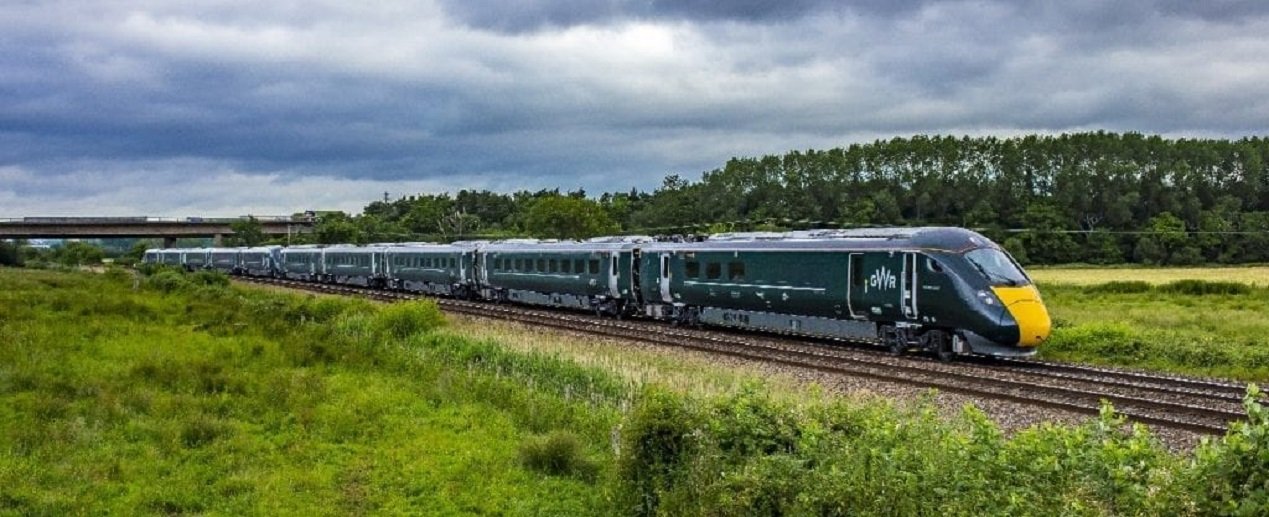Title: Disruption Ahead: Train Strikes Set to Paralyze Railway Lines in January and February 2024
Introduction
In an unfortunate turn of events, railway systems across the country are bracing for significant disruption as train strikes loom in January and February 2024. These strikes, which are expected to impact multiple railway lines, have the potential to cause chaos and inconvenience for commuters, businesses, and the general public. As the strike dates draw near, it is important for everyone to stay informed and plan alternative transportation arrangements to minimize the impact on their daily lives.
Reasons behind the Strikes
The root causes of the upcoming train strikes can be traced back to ongoing disputes between railway workers’ unions and management. Dissatisfaction over working conditions, pay scales, and overall worker well-being has been brewing for months, leading to a breakdown in negotiations between the parties involved. Unfortunately, the inability to reach a consensus has ultimately resulted in the decision to strike, making the forthcoming months a challenging period for train commuters.
Anticipated Impact on Railway Lines
The train strikes are expected to have a severe impact on railway lines throughout the affected regions. Commuters relying on train services for their daily commute will likely experience significant disruption, delays, and cancellations. This disruption will not only affect the commuting workforce but will also impact businesses heavily reliant on timely transportation of goods and services.
Additionally, the strikes will likely result in overcrowding and increased pressure on alternative modes of transportation, such as buses and taxis, leading to potential congestion and longer travel times. These challenges will be particularly acute during peak hours, when the demand for transportation is at its highest.
Mitigating the Impact
As the strike dates approach, it is crucial for individuals and businesses to plan ahead and explore alternative transportation options. Here are a few strategies to consider:
1. Carpooling: Organize carpool groups with colleagues or neighbors to share rides and reduce the number of vehicles on the road.
2. Public Transportation Alternatives: Identify and familiarize yourself with bus routes or other forms of public transportation that can serve as substitutes during the strike period.
3. Flexible Working Arrangements: If possible, negotiate with your employer for flexible working hours or remote work options to avoid peak travel times.
4. Teleconferencing and Virtual Meetings: Utilize technology to minimize the need for in-person meetings, reducing the necessity for travel.
5. Stay Updated: Keep a close eye on official announcements, social media updates, and local news sources for the latest information on the strikes, including any changes or resolutions.
Conclusion
The forthcoming train strikes in January and February 2024 are anticipated to have a significant impact on railway lines, causing widespread disruption and inconvenience for commuters and businesses alike. Being prepared and proactive in exploring alternative transportation options is crucial during this period. By staying informed, planning ahead, and embracing flexibility, individuals and organizations can navigate through these challenging times with minimal disruption to their daily routines.





